After years on the peripheries of US fiction and poetry, Asian American authors have stepped into the spotlight during 2017. Books by writers of east and south-east Asian heritage are one of the hottest trends this year. Led by Viet Thanh Nguyen, Jenny Zhang and the poet Ocean Vuong, it marks the emergence into the centre of the US literary world of a previously marginalised group.
Transcultural writers, born to immigrant parents in the US or immigrants themselves as children, they are channelling their experiences into writing that, with perfect historical timing, challenges readers to resist attacks on immigrants’ rights and to see refugees as individuals with unique stories.
The experiences of displaced people are central to the work of this new generation of Asian Americans, and their books cross genres and forms. Vuong, who recently won the Forward prize for best first collection, arrived in the US as a refugee from Vietnam in 1990. His poems in Night Sky With Exit Wounds mix migration with myth and eroticism. Early in the collection, the narrator of Telemachus pulls his father from the sea, dragging him “through white sand, his knuckles carving a trail / the waves rush in to erase”. Such images stick in the reader’s mind and, though it is never said explicitly, feel as if they are etched in the memory of the young gay Asian man navigating the 21st-century US in subsequent poems.
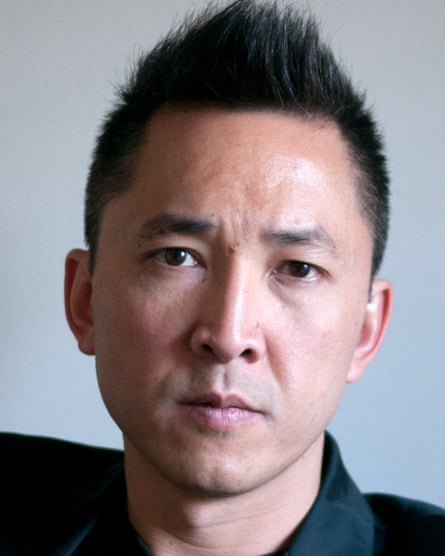
The stories in Nguyen’s The Refugees are set in Vietnam and among refugee communities in California. The author disarms the reader, consistently complicating our sympathies. What came before and after the characters’ journeys across the Pacific pervade the collection. His book is dedicated to “all refugees, everywhere”.
The privileged twentysomethings in Tony Tulathimutte’s satirical novel, Private Citizens, inhabit a different California – San Francisco’s tech scene in the 2000s – but like Nguyen’s characters, they’re alive to the nuances of Asian American experience. Tulathimutte’s Thai American protagonist Will is accused of being paranoid about racism, but he is clearly on to something as he witnesses the lives of Asians overlooked because, he says, “they’re outside the black-white binary”.
There is a thrilling and almost wild energy about Jenny Zhang’s long sentences in the connected stories of Sour Heart. The brutality of communist China is vividly remembered and the hardships of immigrant life graphically enumerated by young narrators, among them a girl who says: “Going to school in Little Neck was the only thing – short of spending eighty grand on a down payment for a new house, short of having hundreds of thousands of dollars for private tuition – that stood any chance of saving me from a life of misery, poverty and pain.”
Violence features in all these books, not least in South Korean-born Patty Yumi Cottrell’s autobiographical novel, Sorry to Disrupt the Peace, in which an alienated young woman tries to discover why her adoptive brother committed suicide. One of the year’s most distinctive memoirs, meanwhile, is Yiyun Li’s piercing Dear Friend, From My Life I Write to You in Your Life in which Li, who moved to the US in her 20s, calls her decision to write in English instead of Chinese “a suicide”.
Although the current wave of young authors is one of 2017’s most significant stories, there are of course some older Asian American authors who paved the way. Notable are Maxine Hong Kingston, whose The Woman Warrior (1976) articulates her experiences as a first generation Chinese-American woman, and the late Hisaye Yamamoto, whose Seventeen Syllables and Other Stories (1988) concerns Japanese immigrants and their American descendants, including the important story of those sent to internment camps in California during the second world war.
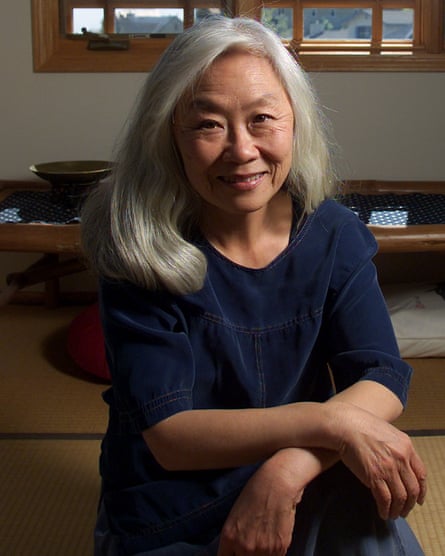
More recently, the South Korean-American Hanya Yanagihara and the Chinese-Canadian Madeleine Thien were shortlisted for the Man Booker prize in 2015 and 2016 respectively, while the Taiwanese American Tao Lin has ploughed a distinctive furrow with his experimental metafiction. But these authors seemed like lonely trailblazers.
One theme in the work of the new writers, which reflects current concerns is micro-aggression, especially when it comes to names. “It’s pronounced TOO-lah-tim-OO-tee,” begins the biographical note on Tulathimutte’s website. I empathise. Since I can remember, my Chinese surname has been causing confusion, misspelling and mispronunciation, even though it’s really very simple: it contains three letters and comes from my granddad who immigrated to Liverpool after the second world war. I’ve always been fairly incurious about my Chinese heritage, but reading Asian American writers this year, I’ve thought more about my Anglo-Chinese identity.
Will we soon see a wave of literature by writers of east and south-east Asian heritage in the UK? It is already rising, with the poetry of Hong Kong-born Sarah Howe, the fiction of Japanese-Chinese-British-American Rowan Hisayo Buchanan and London-based Chinese writer Xiaolu Guo. And of course, it would be odd not to mention Japanese-born English Nobel laureate Kazuo Ishiguro, whose body of work tells us subtle and enduring truths about who we are, as only writers who can reveal a culture from outside can.
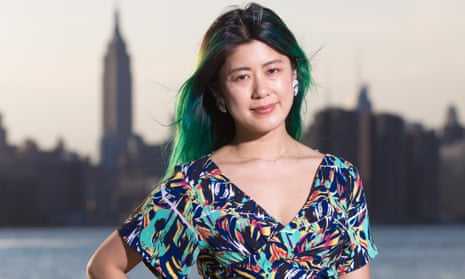
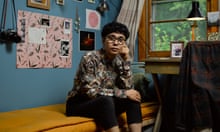

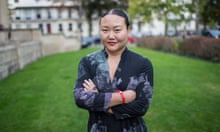
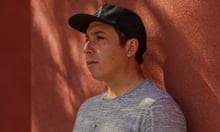

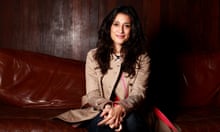




Comments (…)
Sign in or create your Guardian account to join the discussion